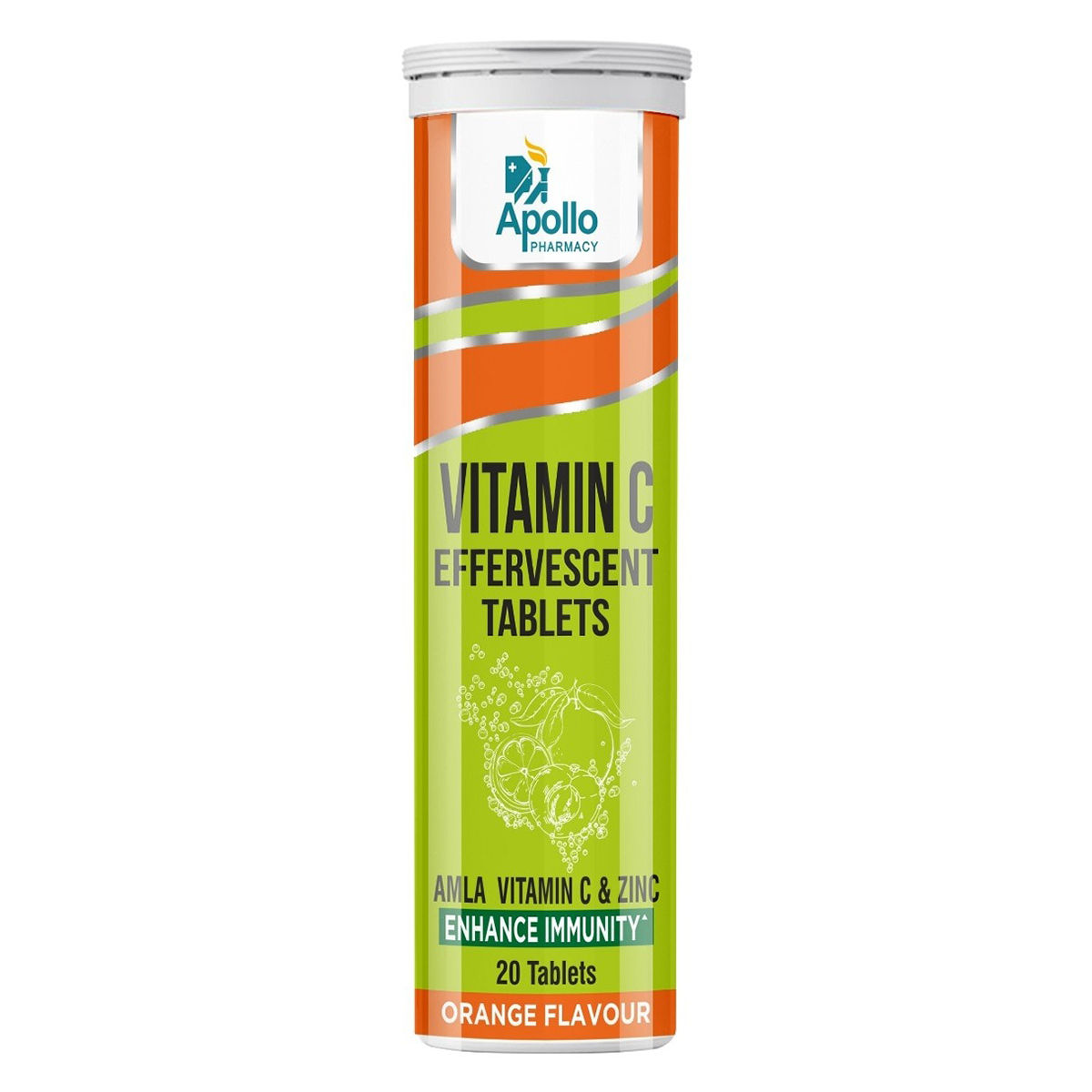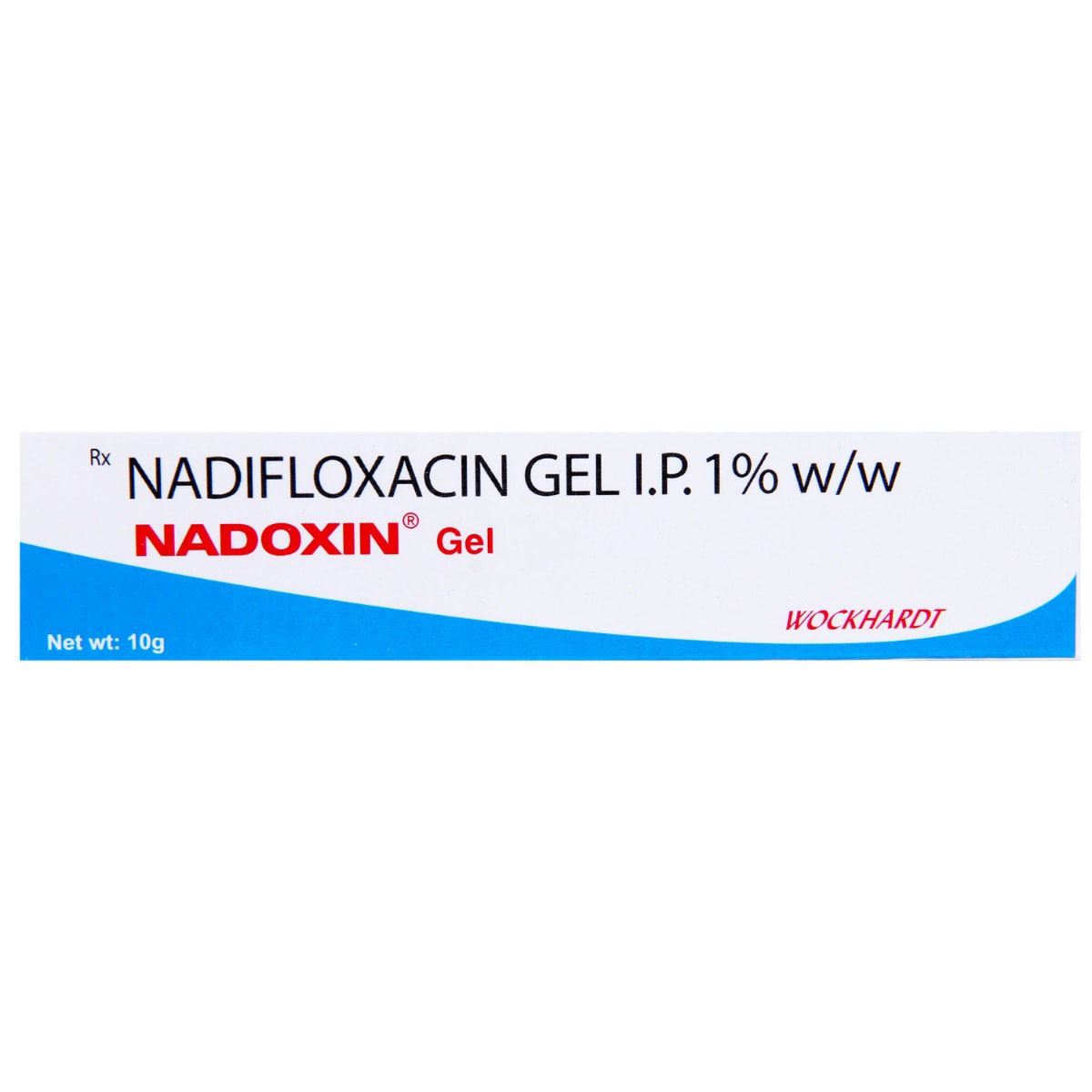Nadifa Cream 10 gm
₹108.9*
MRP ₹121
10% off
₹102.85*
MRP ₹121
15% CB
₹18.15 cashback(15%)
Free Delivery
With Circle membership
(Inclusive of all Taxes)
This offer price is valid on orders above ₹800. Apply coupon PHARMA10/PHARMA18 (excluding restricted items)
Know Your Delivery Time
Provide Delivery Location



Secure Payment

India's Most Trusted Pharmacy

Genuine Products
Composition :
Manufacturer/Marketer :
Consume Type :
Return Policy :
Expires on or after :
About Nadifa Cream
Nadifa Cream contains a class of antibiotics known as fluoroquinolones, primarily used to treat topical infections caused by the bacteria, including skin infections and acne vulgaris. A bacterial infection is a condition in which bacteria grows in the body and cause infection. It can target any body part and multiple very quickly.
Nadifa Cream contains topical antibacterial Nadifloxacin, which helps treat and prevent a wide range of skin bacterial infections. It is bactericidal and works by killing bacteria that cause infections. It inhibits the repairing of bacterial cells and kills the bacteria, thereby preventing the infection's further spread. Nadifa Cream is a broad-spectrum antibiotic against most Gram-negative bacteria, many Gram-positive bacteria, and some anaerobes bacteria (that lives without oxygen).
Nadifa Cream should be applied in the dose and duration as advised by your doctor. You may experience application site reactions like a burning sensation, itching, and rashes in some cases. Most of these side effects of Nadifa Cream do not require medical attention and gradually resolve over time. However, if the side effects are persistent, reach out to your doctor.
Inform your doctor if you are allergic to nadifloxacin or any of the ingredients of Nadifa Cream. Don't apply Nadifa Cream on broken skin and avoid getting it in your eyes, nose, or mouth. The infected area should not be covered with airtight dressings such as bandages unless directed by a doctor, which may increase the risk of side effects. If you are breastfeeding, wash the area properly before breastfeeding as Nadifa Cream can be harmful if taken by the baby with milk.
Uses of Nadifa Cream
Directions for Use
Medicinal Benefits
Nadifa Cream contains antibiotic Nadifloxacin, which helps treat and prevent a wide range of bacterial skin infections caused by most Gram-negative bacteria, many Gram-positive bacteria, and some anaerobes bacteria (that lives without oxygen) including Cutibacterium acnes and Staphylococcus epidermidis. It is bactericidal in nature and works by killing bacteria that cause infections by prevents the formation of their cell wall required for living. It also inhibits the repairing of bacterial cells. Altogether it kills the bacteria. Nadifa Cream has the advantage of good penetration in most deep tissues. Hence, it is used for bacterial skin infections.
Side Effects of Nadifa Cream
- Burning sensation
- Irritation
- Itching
- Redness
Storage
Drug Warnings
Do not apply Nadifa Cream if you are allergic or have had a severe reaction to nadifloxacin or any other quinolone or fluoroquinolone antibiotics such as delafloxacin, levofloxacin, moxifloxacin, and ciprofloxacin. And also, exposure to sunlight should be avoided while taking Nadifa Cream as it may cause increased phototoxicity or photosensitivity. Don't apply Nadifa Cream on broken skin; avoid getting it in your eyes, nose, or mouth. The infected area should not be covered with airtight dressings such as bandages unless directed by a doctor, as this may increase the risk of side effects.
Therapeutic Class
Drug-Drug Interactions
Drug-Food Interactions
Diet & Lifestyle Advise
Exfoliate your skin gently. This helps to cleanse the skin by washing away dry and dead skin cells.
Regular exercise helps clear out clogged pores.
Drinking enough water can also greatly improve the general condition of your skin by keeping it hydrated.
Always remove your makeup before going to bed. Never wear makeup to bed.
Spend some time on a good skin-care routine.
Do not use harsh soaps, skin cleansers, or skin products with astringents, lime, or alcohol.
Maintain proper hygiene and keep the affected area clean.
Habit Forming
How Nadifa Cream Works
What if I have taken an overdose of Nadifa Cream
Alcohol
Safe if prescribed
No interaction is found. In case of any discomfort, please consult a doctor.
Pregnancy
Safe if prescribed
No interaction is found. In case of any discomfort, please consult a doctor.
Breast Feeding
Caution
While breastfeeding, be cautious that Nadifa Cream is not applied or if applied priorly. The nipple area and breast part should be thoroughly washed before feeding your baby as it can be harmful to be baby if intaken along with milk.
Driving
Safe if prescribed
No interaction is found. In case of any discomfort, please consult a doctor.
Liver
Safe if prescribed
No interaction is found. In case of any discomfort, please consult a doctor.
Kidney
Safe if prescribed
No interaction is found. In case of any discomfort, please consult a doctor.
Children
Safe if prescribed
Nadifa Cream can be given to children but under child specialist medical supervision. Nadifa Cream is prescribed to the children to treat complicated skin infections.
Country of origin
Manufacturer/Marketer address
Author Details
We provide you with authentic, trustworthy and relevant information
FAQs
Disclaimer
Customers Also Bought
Product Substitutes
Reference
- https://www.gov.uk/drug-safety-update/fluoroquinolone-antibiotics-new-restrictions-and-precautions-for-use-due-to-very-rare-reports-of-disabling-and-potentially-long-lasting-or-irreversible-side-effects
- https://pubchem.ncbi.nlm.nih.gov/compound/nadifloxacin
- https://www.ncbi.nlm.nih.gov/pmc/articles/PMC4257952/














